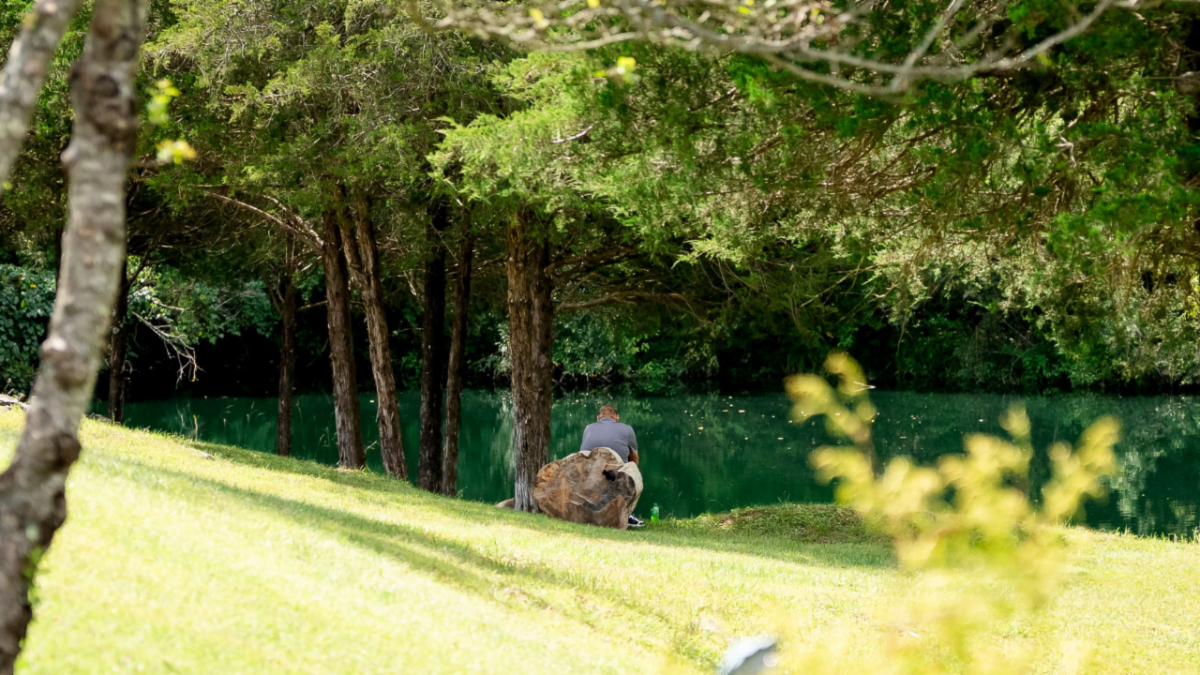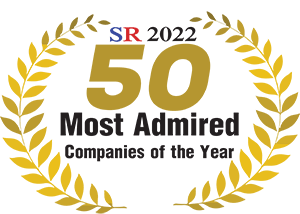Why We Need Authentic Leaders

How do authentic leaders transform themselves and their organizations to leave industrial age thinking, evolve through the digital age to an empowerment style of leadership?
This week’s blog post is by guest writer Norma Hollis.
Norma and I met through the Evolutionary Business Council and she has become a trusted colleague and friend. She is a speaker, coach, and most known for her research in authenticity.
If you’re reading this, you understand how important this is to me as I do my best to model courageous, vulnerable feminine leadership steeped in authenticity.
Heck, in last week’s blog post I shared the three biggest failures I had in 2017.
You’ll get to meet Norma in person if you’ll be joining me at Design Your Destiny Live.
Enjoy!
****************************************************************************************************************************
Authentic leaders are a special breed of people. They know who they are and this self-knowledge empowers them to transform their life and lives of those they lead. Their authenticity builds loyalty, trust, collaboration and commitment. It forges positive change in their teams, their company, their community and their industry. They are the new, emerging force in an ever changing arena.
The need for authentic leaders has accelerated in recent years. One reason is because some leaders in the corporate world still view leadership from the style that waAuthentic Leaders - Upside Thinkings developed in the industrial age. When our country moved to rapid manufacturing techniques starting in 1760, it was clear that production could be increased with an assembly line process where employees performed a single or simplified task as quickly as possible. The goal was to lead employees to work faster, more efficiently and produce higher numbers of product in shorter time frames.
Leadership focused on the ability to motivate faster performance. There was little concern with the personality of the employee, what they brought to the table as an individual and how much personal satisfaction was gained from the job. If employees were not happy management just replaced them with another ‘robot-like’ worker who could do the job faster.
Today’s world is different. We are experiencing the digital age where employees are expected to think critically on multiple topics using all the readily available information to build on current knowledge. Leadership in this era motivates employees to perform their best by identifying problems, offering solutions, taking action and communicating soundly.
The next evolution requires us to step into the empowerment age where the focus is recognizing employee’s natural, authentic gifts and talents and integrating those attributes into the work environment.
How do leaders transform themselves and their organizations to leave industrial age thinking, evolve through the digital age to an empowerment style of leadership?
The answer lies in Authentic Leadership.
After studying authenticity for over three decades from personal, professional and spiritual perspectives, I have learned what it means to be an authentic leader. What I learned is echoed among scholars who agree that the most important foundation of authentic leadership is self-awareness.
Authentic leaders know themselves, their personal strengths and vulnerabilities and lead with awareness of their shortcomings and how to compensate for them. This awareness of self allows them to build rapport and improves the quality of their communication skills, and their ability to engage their workforce. They are role models for their organizations and society as a whole.
The process involves a learning experience and a personal and organizational transformation.
Leadership is an experience, for the leader and those they lead. The experience for the leader is the act of personally observing, encountering, and undergoing something. No matter how many people you lead or what you lead them toward or away from, you will go through a personal experience, encountering challenges and undergoing successes. It is a unique type of learning.
The experience for those being led is transformation. Sustainable change will take place when team members have the experience of being led by leaders who personally observe, encounter and undergo something in ways that are engaging and empowering.
That is the transformational experience of Authentic Leadership.
Norma Hollis develops authentic leaders by building their self-awareness and communication skills. Her proprietary Authentic Voice System is grounded in 30 years of research on human nature from personal, professional and spiritual perspectives. Through keynotes, seminars and consultation, Norma has transformed thousands of leaders by helping them ‘see’ themselves and their teams from new perspectives and lead with new energy.
*****************************************************************************************************************************
Action Item: Authentic Leaders - Lisa Marie Platske
The Upside Challenge of the week is to examine where you may be wearing a mask, hiding out, or not showing up as your most authentic self. Where can you peel back a layer and be more true to who you are and how you’re being called to lead.
The world needs you and your brilliance.











